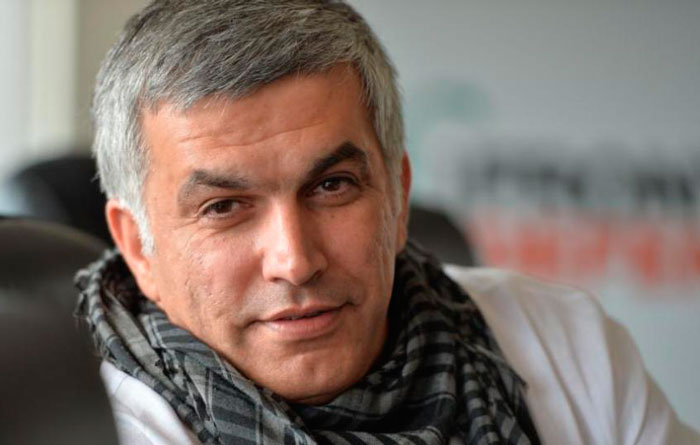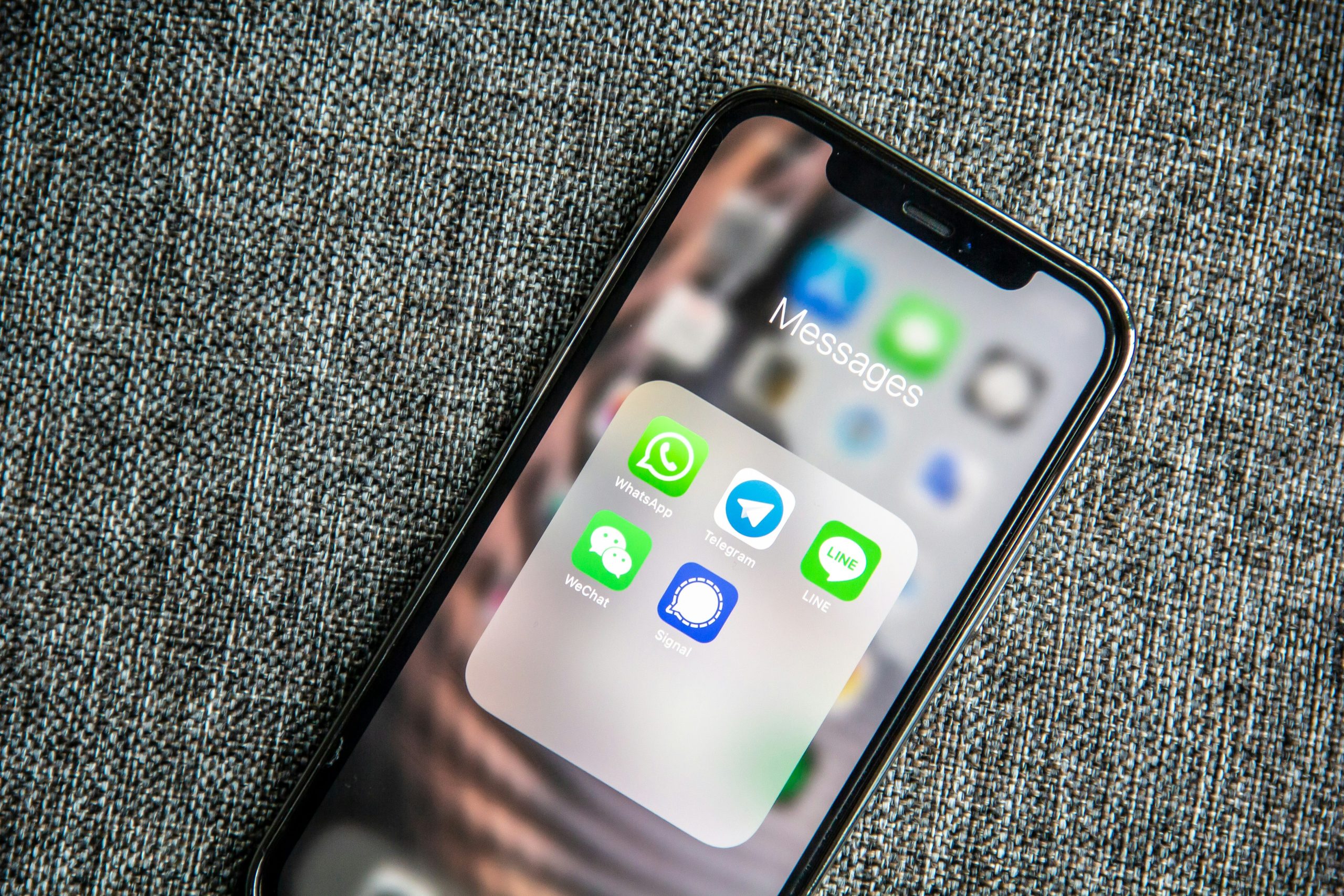[vc_row][vc_column][vc_custom_heading text=”Index calls on the UK to stand up to the Bahrain government on human rights after police storm the London embassy to protect protester” use_theme_fonts=”yes”][vc_column_text]

Human rights activist Nabeel Rajab who is still in prison in Bahrain for criticising the government
Human rights defender Moosa Mohammed climbed on to the roof of the Bahraini embassy in London on July 26 to protest the execution of two men in Bahrain who had been tortured in prison and given the death penalty. His banner read: “I am risking my life to save two men about to be executed in the next few hours. Boris Johnson act now!”
He intended to stay on the roof until the UK Prime Minister Boris Johnson contacted the King of Bahrain to stop the executions that were due to take place on the morning of 28 July. However, as a Channel 4 News video shows, at least two people appeared on the roof and someone started beating him with a stick, and according to the protester, they threatened to kill him and throw him down the stairwell. Since the embassy is a private building, video reports appear to confirm that these two men must be embassy staff.
Diplomatic premises in the UK may not be entered by the UK police unless ordered under the consent of the ambassador or head of mission, even though they are considered part of UK territory as outlined in the Diplomatic Privileges Act. The embassy has said the claims were “unfounded” and said it was reacting to a perceived terrorism threat. But what happened on the night of the protest was clearly extremely serious as it caused UK police officers to take a highly unusual step and break down the door of the embassy to force entry to the building.
A spokesperson for the Metropolitan Police told The Independent newspaper that police were called following reports of a man on the roof. According to the spokesperson, officers and London Fire Brigade attended and “hearing a disturbance on the roof, officers entered the building and detained the man”. But a police officer confirms on the video that they were “forcing entry”.
If Bahrain’s embassy staff members feel confident enough to act like this on UK territory, what is happening inside Bahrain as the rest of the world chooses not to watch?
Freedom of expression in Bahrain continues to be under severe threat. Joy Hyvarinen, head of advocacy at Index on Censorship said: “The people most at risk are those who choose to freely express themselves, whether they be journalists, activists or photographers, but ordinary citizens can face repercussions if they follow, retweet, comment or like a Twitter or Facebook post”.
The Bahraini government has used its 2002 Press Law to restrict the rights of the media to the point where a journalist can face up to five years’ imprisonment for publishing criticism of Islam or the King, inciting actions that undermine state security, or advocating a change in government. The government also uses counterterrorism legislation to limit freedom of expression.
One of the most prominent activists and defenders of freedom of expression in Bahrain is Index on Censorship Freedom of Expression Award winner Nabeel Rajab, who was convicted under these laws and has been detained since June 2016. He was first charged and given a two-year prison sentence for TV interviews he gave in 2015 and 2016, on the grounds of “disseminating false news, statements and rumours about the internal situation of the kingdom that would undermine its prestige and status”. He was later sentenced to an additional five years on charges of “spreading false rumours in time of war,” “insulting public authorities,” and “insulting a foreign country” for tweets that were critical of torture in Bahraini prisons and the war in Yemen.
Rajab’s case is only one of many human rights violations taking place in Bahrain, where people are unjustly convicted and arbitrarily detained. Many prisoners are subjected to ill-treatment and torture is not uncommon. Earlier this month, groups called on Amal Clooney, the United Kingdom’s Special Envoy on Media Freedom, urging her to pressure the UK to act on Bahrain’s suppression of freedom of expression. After the incident at the Bahrain embassy in London, will the UK government finally take a tougher approach to Bahrain or will it continue to make deals with a government with so little regard for human rights?
[/vc_column_text][/vc_column][/vc_row][vc_row][vc_column][vc_column_text][/vc_column_text][vc_basic_grid post_type=”post” max_items=”4″ element_width=”6″ grid_id=”vc_gid:1566216380084-99e48680-305a-4″ taxonomies=”716″][/vc_column][/vc_row][vc_row][vc_column][/vc_column][/vc_row][vc_row][vc_column][/vc_column][/vc_row]




